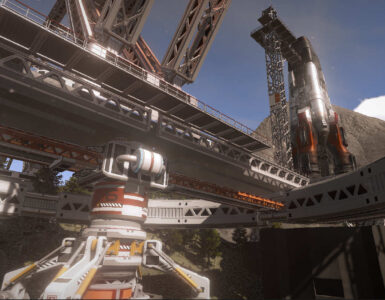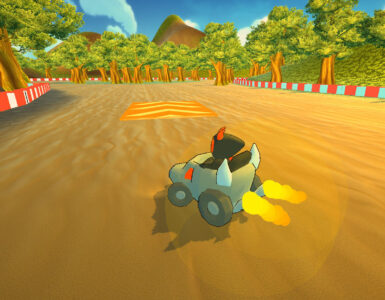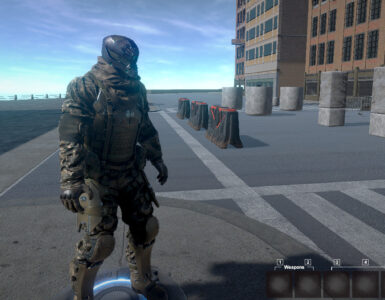In an IGD community-run poll, 984 votes were cast to determine what is most important when developing an indie game. The options provided were Art, Gameplay, Best of Both, and Other. The results clearly highlight the diverse preferences within the game/dev community. An overwhelming majority of participants prioritised a balance between strong art and engaging gameplay, reflecting a sophisticated understanding of what makes a game compelling. Interestingly, only a small proportion of voters felt that focusing solely on either art or gameplay was sufficient to ensure a game’s success, indicating that a more integrated approach is preferred.
The “Best of Both” option emerged as the leader with 47% of the votes. This choice underscores a growing trend among gamers who expect not only visually captivating worlds but also gameplay that is immersive and engaging. It suggests that integrating high-quality art and solid gameplay mechanics is seen as essential for creating a well-rounded and satisfying gaming experience. For indie developers, this result highlights the importance of striving for excellence in both visual design and gameplay to meet the evolving expectations of their audience.
Conversely, 43% of respondents placed “Gameplay” as their top priority. This result emphasises that while visual appeal can enhance a game, it is the core mechanics and player engagement that ultimately drive long-term interest and enjoyment. In contrast, only 7% of voters selected “Art” as the most crucial aspect, demonstrating that while attractive graphics can draw players in, they are not sufficient on their own to maintain engagement without strong gameplay.
Additionally, 3% of voters chose “Other,” with comments highlighting various other factors. These included the “fun value” of the game, the role of “marketing,” and the importance of a “beautifully written history, which may have been lost in translation and meant (story)” Other considerations mentioned were “consistency” in design, a “coherent story or meta,” and effective “scope and task management” to ensure the game is completed in a timely manner. These diverse opinions reveal the complexity of indie game development, where balancing creativity, practical execution, and player satisfaction is crucial for success.


















